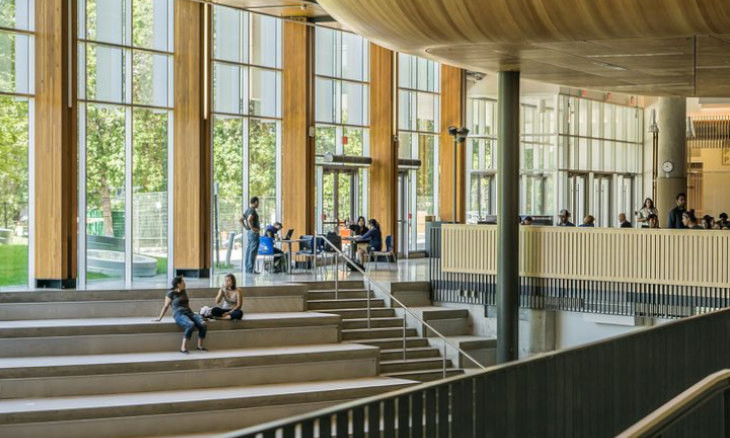Turkey's educators think remote education diminishes intellectual autonomy
Turkey's higher education workers find that the country's remote education practice has hurt institutions' autonomy, and has caused a deterioration in the quality of education. "All higher education institutions have been connected to a more centralized, uniform, more hierarchical and imperialistic system," Çukurova University's Prof. Adnan Gümüş said.
Hacı Bişkin / DUVAR
Turkey's higher education workers think that the remote teaching method the country's higher education institutions has adopted during the COVID-19 pandemic has hurt universities' autonomy.
"All higher education institutions have been connected to a more centralized, uniform, more hierarchical and imperialistic system," Çukurova University's Prof. Adnan Gümüş said.
Noting that remote education is yielding to becoming a profitable market, Gümüş added that education institutions might become influenced by large corporations.
 Turkey's universities to hold final exams remotely
Turkey's universities to hold final exams remotely"We can't observe scientific autonomy if central corporations are taking hold of universities. This will hurt independent thought," Gümüş said.
The University Faculty Members' Association (ÜNİVDER) said that Turkey's remote higher education policies are directly contradictory to the ideals of a college education.
"It's not just about information, it's about learning how to use information. In-person interactions are crucial, access to arts and culture is essential," said ÜNİVDER Chair Prof. Gülhan Türkay.
Noting that remote education lacks these vital parts of a college education, Türkay said that the association is against the standardization of remote education as a teaching method.
Çukurova University's Prof. Gümüş said that in-person dialogue and discussion are essential to the principles of teaching, and that making remote education a norm in teaching would destroy a tradition of 2,500 years.
"Universities are a community and a way of existence in society. These are trying to be destroyed and replaced by a new global society with no schools or community," Gümüş said.
ÜNİVDER presented a series of questions to Turkey's Council of Higher Education (YÖK) asking about why the remote education system wasn't successful in Turkey and what the council would do to improve remote education methods in the country.
 ‘Turkey’s new higher education regulation moves toward authoritarianism’
‘Turkey’s new higher education regulation moves toward authoritarianism’
